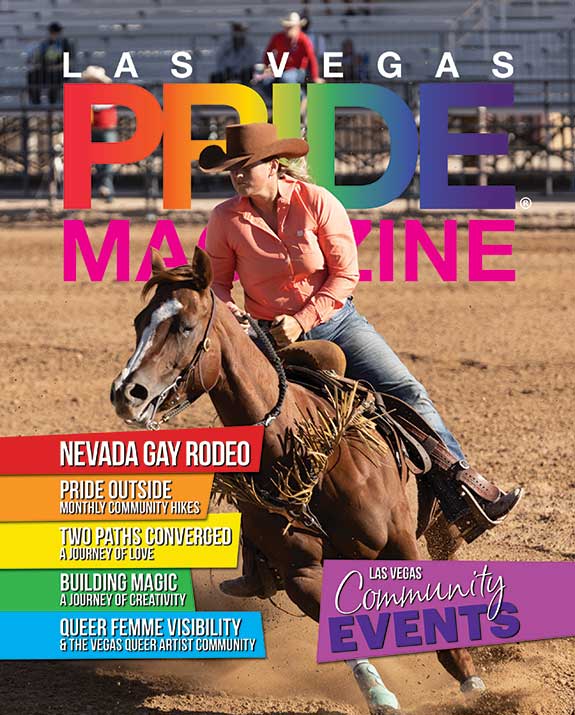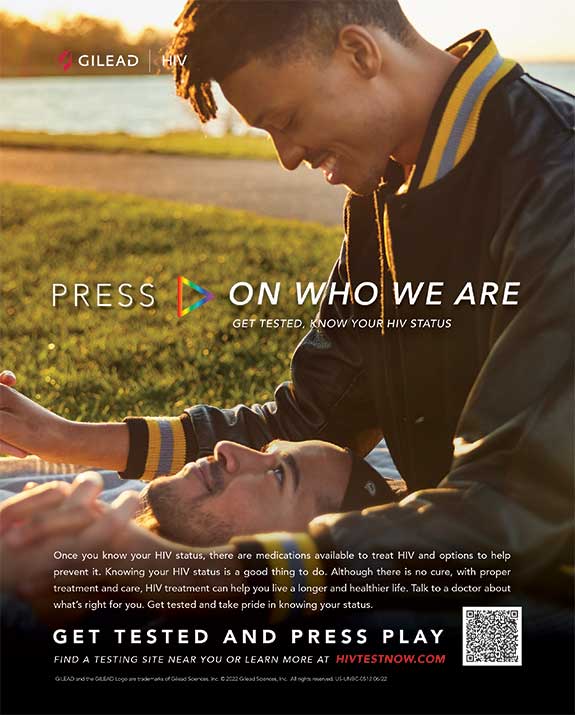I’ve been thinking about what to share in this final part of the last issue’s story. The truth is this story did not have a happy ending. It didn’t have any happy details throughout the story either. To retell it is to relive it… the scary moments, the sadness and anger, the embarrassment, and the less-than-human “customer service” provided verbally and non-verbally. Oh yeah, and the physical pain, there’s that too.

The physical pain, while no small part of this experience, felt to me to be the least concerning part. Interestingly, I have found in most incidents like this, the focus tends to be on the physical pain and damages, when those are easier to treat and heal than the other less obvious consequences that always seem to come with it and may never truly heal.
However, the benefits of retelling appalling stories like this include:
Awareness: to let people know it exists and how often it happens.
Education: why it happens, not only how best to react if it does happen, but more importantly, how best to prevent it from happening again or happening in the first place.
So instead of cussing at the hotel “and their stupid choices” during our drive home, expressing exactly where I think they should shove their world-wide properties and telling everyone around me 50 million reasons to NOT do business with them, what if I found a platform to share my experience in efforts to educate and increase awareness? (I mean, I’m not going to pretend like the ride home didn’t produce new fancy descriptive words. But that’s not the point.) Because honestly, are they the only business to make such choices? No, they’re not. So rather than use this platform to relive a sad, embarrassing story with an even sadder ending, let’s see if I can spin some good out of this experience.
Here are a few interesting things I learned during this Vegas trip:
- Shortly after The Great Shower Incident, we learned (last minute) the concert we planned to see had been canceled “due to the singer’s undisclosed illness.” Yep, the purpose of our Vegas trip had been canceled. No concert. Only a shower incident to remember this vacation.
- The extraordinary crowd we experienced in Vegas during the visit was not primarily due to high season or the concert we planned to attend but rather something called the National Finals Rodeo. This explained why it seemed Vegas had been glitter bombed with cowboy hats and boots. Noted.
- The hotel’s “non-accessible” rooms offered bathrooms more accessible than those in their “accessible” rooms. After spending some time discussing the shower incident with management, we were allowed to change our room to a non-accessible one, and I was able to take a shower with my fiancé’s assistance (remarkably, less help was needed in the non-accessible shower).
- Staff will likely assume you’re seeking financial compensation for physical pain and damages when you try to explain something like The Great Shower Incident to them, even if you do not mention the subject of compensation at all. This demonstrates to me 1) the staff’s disability naiveté, 2) their experience with guests seeking financial compensation, and 3) misinformation received previously about people with disabilities. When we were finally connected with the hotel’s authority, one of the first things he said to my fiancé (not me) was, “What do you want?” I immediately answered, “Better training for you and your staff on disability issues and disability culture. Starting with, please speak with me directly.”
- When the hotel’s authority said, “I can tell you’re a classy lady. I told my staff you’re a classy lady.” I think he meant because I wasn’t seeking financial compensation, not because I resisted punching him in the face.
Here are a few preventative measures that may help to avoid future incidents like this one:
- When building, remodeling, or repairing property (rooms, buildings, products, amenities, environments, indoor, outdoor, etc.), use Universal Design. Google it.
- Ensure staff are trained (at a minimum) on what the hotel offers (proper names for the tools and resources and how they properly function), what great customer service looks and sounds like, and how to manage a situation when they do not know the answer to a customer’s question.
- Include disability education in the required annual training curriculum for staff. (Refreshers are always helpful, not a waste of time or resources.) Be sure the trainers are appropriately qualified.
- Ensure the accessible rooms, tools, and resources are current and appropriate for customer and staff use.
- Ensure staff, printed materials, and websites accurately and clearly provide detailed descriptions/pictures/videos of the property (i.e., rooms, suites, event spaces, common areas, and amenities), especially the ones labeled “Accessible.” This applies to third-party booking agents too. The more potential customers can answer their own questions, the less need for contacts, calls, and emails, which may or may not result in bookings.
- While detailed descriptions/pictures/videos may not answer all possible questions, allowing potential customers to go to the various property spaces to verify for themselves in person what may work best to meet their needs can at least provide a positive customer service experience and answer any remaining questions.
- Reservations for accessible rooms, suites, or any other property spaces, as well as any available discounts or deals, should be made available to all interested parties and potential customers, regardless of the method used to research information and make a reservation. In other words, stop requiring people with disabilities to contact the property directly if they want to research and reserve something accessible, especially if available discounts or deals are only available through online bookings or methods other than contacting the property directly.
- Provide feedback surveys (and make them accessible) for potential customers AND staff to anonymously complete at any time. (Yes, ensure it is anonymous to collect honest feedback. Otherwise, you’re wasting time and resources. People fear retaliation if they think it’s not anonymous.) Include open-ended questions and comments space to collect feedback on ideas and concerns those who developed the surveys may not have anticipated; also, avoid leading questions and results. Require all levels of staff and management to review feedback received and to address any negative feedback with a written, appropriate action plan.
- Implement a reward system for staff achievements to motivate great customer service, work ethic, and work production. All types of positions should qualify for the rewards.
Like I’ve said before, I’m not an expert. But I have many sad, embarrassing experiences leading me to provide the measures listed above. I believe doing these things will increase customer base and customer and staff retention, reduce risk, and save time and money in the long run. It would behoove businesses to create positive experiences for their staff and customers, as negative experiences are shared further and remembered longer than positive ones.
Horrible experiences exist and, they unfortunately happen often. And when I say “often,” I mean All. The. Time. They certainly don’t happen only to people with disabilities. I know you have had your own horrible experience(s), regardless of the communities to which you belong.
Why do horrible experiences happen? I’m still learning that part. (If you have the answers, please share them!) I know there are multiple reasons. I think a big reason is naiveté. This includes a lack of exposure, appropriate experiences, and accurate education. Therefore, it also provides exposure to misinformation and inappropriate experiences. If we looked at the various reasons behind horrible experiences happening within different communities, we would find overlap in the top reasons. I also bet that such research studies have already been done, and I should read up on it.
So what can we do about it? I think a big answer is education. And who better to provide the education than those who have lived experiences? We should speak up and share our stories when opportunities present themselves. (I bet this is not a new idea either!) It doesn’t have to be like classroom education; it could be a conversation with friends or neighbors, social media posts, or storytelling through various types of art and performances. There are so many ways we can educate, and I bet we don’t realize we already do it! If we could prevent our horrible experiences from happening to others, like our loved ones, for example, shouldn’t we try? That’s what I’m trying to do. I ask those who cause horrible experiences to learn and do better. So let me be vulnerable and share my experiences, possible preventions, and better reactions to them, and expose my weaknesses and faults too, if the result will be less horrible experiences in the future for anyone and everyone.
July was Disability Pride Month. (Google it.) Happy Pride!
This article was originally published in the 2023 August/September Issue of Las Vegas PRIDE Magazine, and can be read in its original format here.


